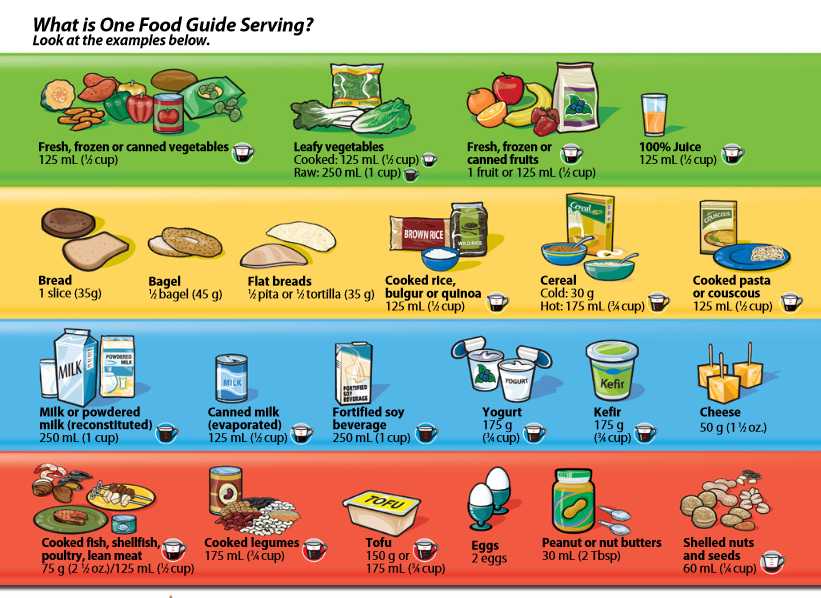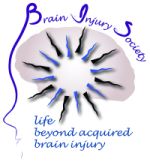
Assorted healthy food.
Brain injury may change the way you relate to food.
For some survivors, memory problems may affect food intake.
Damage to the brain can cause an inability to feel full or hungry, causing you to eat too much or too little without realizing it.
You may have a changed or absent sense of taste or smell. This often happens in the earlier stages of recovery and may disappear as time goes on. This could also be a side effect of medication you are on.
The simplest way to manage many nutritional concerns is to create a meal plan and record what you are eating. This way, if you have problems remembering when you ate, or cannot tell when you are full, you can refer to the record you are keeping.
Canada’s Food Guide to Healthy Eating provides basic information of good nutrition, encouraging you to enjoy a variety of foods. Canada’s Food Guide to Healthy Eating identifies the four food groups and recommends the number of servings per day required by healthy Canadians.
Recommended number of servings per day for adults
Vegetables and Fruit: 8-10
Grain Products: 7-8
Milk and Alternatives: 2-3
Meat and Alternatives: 2-3
Factors such as age, weight, gender, activity and medical concerns will influence how many servings are required from each of the four groups.
• Eat at least one dark green and one orange vegetable each day.
• Have vegetables and fruit more often than juice.
• Make at least half of your grain products whole grain each day.
• Drink skim, 1% or 2% milk each day
• Have meat alternatives such as beans, lentils and tofu often.
• Eat at least two Food Guide Servings of fish each week.
• Include a small amount of unsaturated fat each day
• Satisfy your thirst with water 
A nutritional assessment and follow-up by a dietitian may be required. Your doctor can probably recommend a dietitian for you to contact.
When choosing foods, take into account any problems you have with swallowing or food allergies. A speech-language pathologist can assess and treat swallowing problems; a dietitian can help with food allergies.
If you are overweight, you may need to control portion sizes as well as fat content.
If you are underweight or have increased energy requirements, you may need to eat higher fat foods and maintain a healthy weight.
You can also achieve and maintain a healthy body weight by participating in regular physical activity. Keep in mind that you may be restricted in what you can do because of poor balance, poor vision, fatigue, or other complications resulting from your brain injury. Keep looking for something that you are physically able to do, that you enjoy, and that contributes to your therapy.
Physical, recreational, or occupational therapists may provide advice on the kinds of activities most suitable for you.
Caffeine, which is found in coffee, tea, some colas and chocolate, is a stimulant. Your ability to tolerate caffeine may be very limited, and it may be best to avoid all caffeine, especially in the initial stages of recovery.
Eating well is an important part of recovering from illness and maintaining good health. If you are concerned about your nutritional needs, ask your doctor for a referral to an outpatient dietitian.
